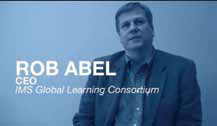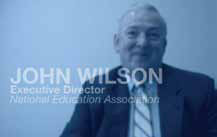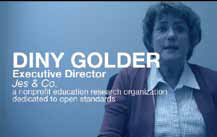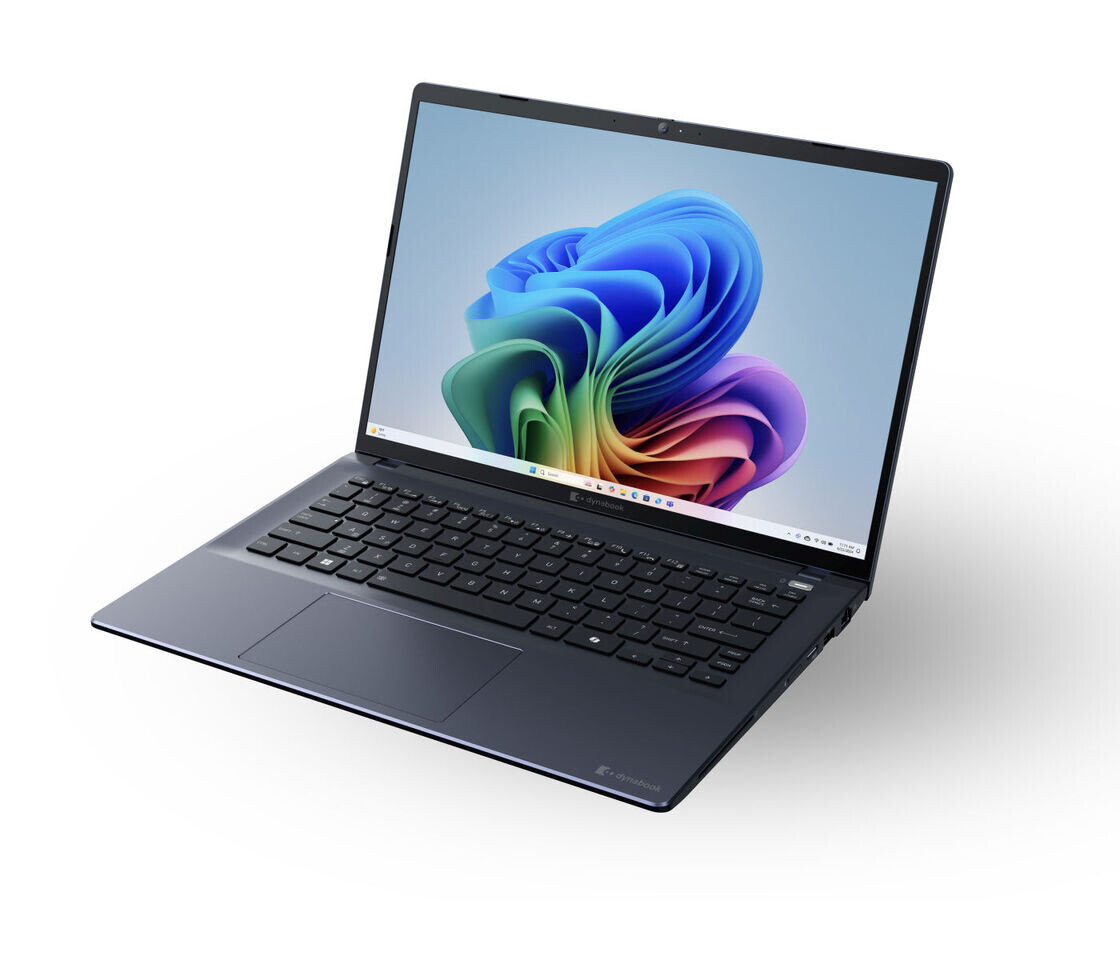Data Goes Global

On the afternoon of November 17, Tech & Learning attended the Global Learning Resource Connection Workshop in Houston, where managing editor Christine Weiser sat down to talk with many of these panelists to discuss their thoughts on the National Educational Technology Plan, Common Core Standards, Web 3.0, the need for open systems, and much more. Below are highlights from these interviews (see the complete video interviews on www.techlearning.com/Video):
Rob Abel, CEO, IMS Global Learning Consortium
The reality of education is the world is a diverse place and we’re all global citizens. We can make the U.S. system better by understanding that up front and improve aspects of our system. We are in the relatively early stages of understanding how learning occurs, the best way to do learning, and how tech can support that learning. We’ve had a lot of tech come in from outside of education that has sometimes helped and sometimes not helped. My sense is the suppliers are really getting it now—that they need to make the lives of educators easier with tech in terms of how they want education to occur. In particular, in the U.S., with all the investment being made by DOE , this is a very exciting time. Even if your district doesn’t feel particularly resourced and you are struggling to do what you need to do, I really do think these investments that are coming will help you, because eventually this technology will not only help you do your job but it will be more accessible and easier to acquire.

John Wilson, Executive Director, National Education Association
[The NEA ] will work at the local and state level to make sure teachers are aware of the new national technology plan, that policies are aligned with this plan, and that teachers will utilize the recommendations of the plan at the classroom level. We’ll do a lot of stirring around imagination and innovation to show teachers some of the possibilities of the future. At our national conference this year, [we ’re saying to] those companies that exhibit, “don’t just set up a booth. Come and teach the participants about how your product can help them in the classroom.” It’s a great time to reclaim our role as being innovators of the world.

Steve Midgley, Deputy Director, US Department of Education
We know social media creates communities of practices. It can improve professional networking, break down barriers, and broaden the educator’s expanse of work. We think the new Learning Registry collaborative project will be a start. Federal, state, and local governments have been asking, how do we make resources for learning more accessible? The Learning Registry brings together resources such as the National Archives, The Smithsonian, the Department of Education, the Library of Congress, and uses these as a tech approach to enable a social network for metadata.

Diny Golder, Executive Director, Jes & Co.
By adopting more open standards, K-12 schools can blend into the higher education eportfolio scenario. With an eportfolio, students can travel across districts or states and bring with them all of the accomplishments and competencies they’ve met so far, so the new teacher doesn’t have to rely upon this new student sitting in a corner and taking a lot of tests to determine where to place that student. Just like with our mobile medical data, that teacher can electronically know for sure where this new student will fit into her classroom and their studies.
Tools and ideas to transform education. Sign up below.
